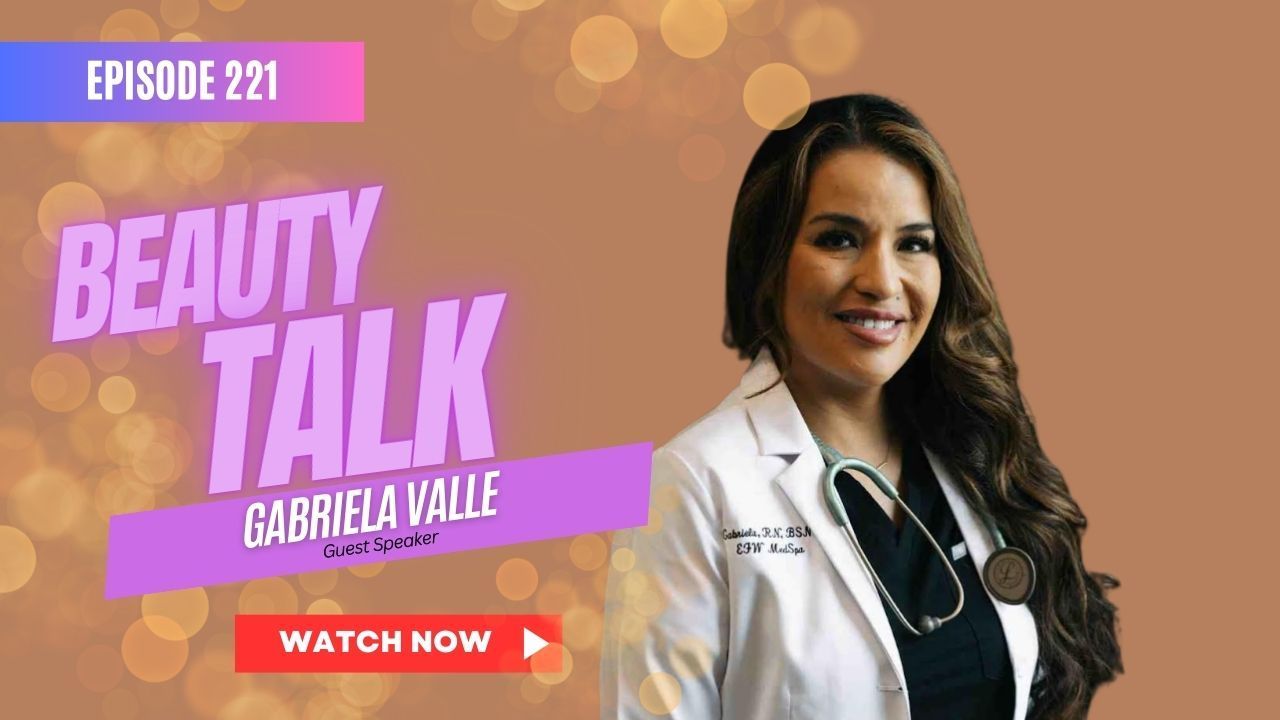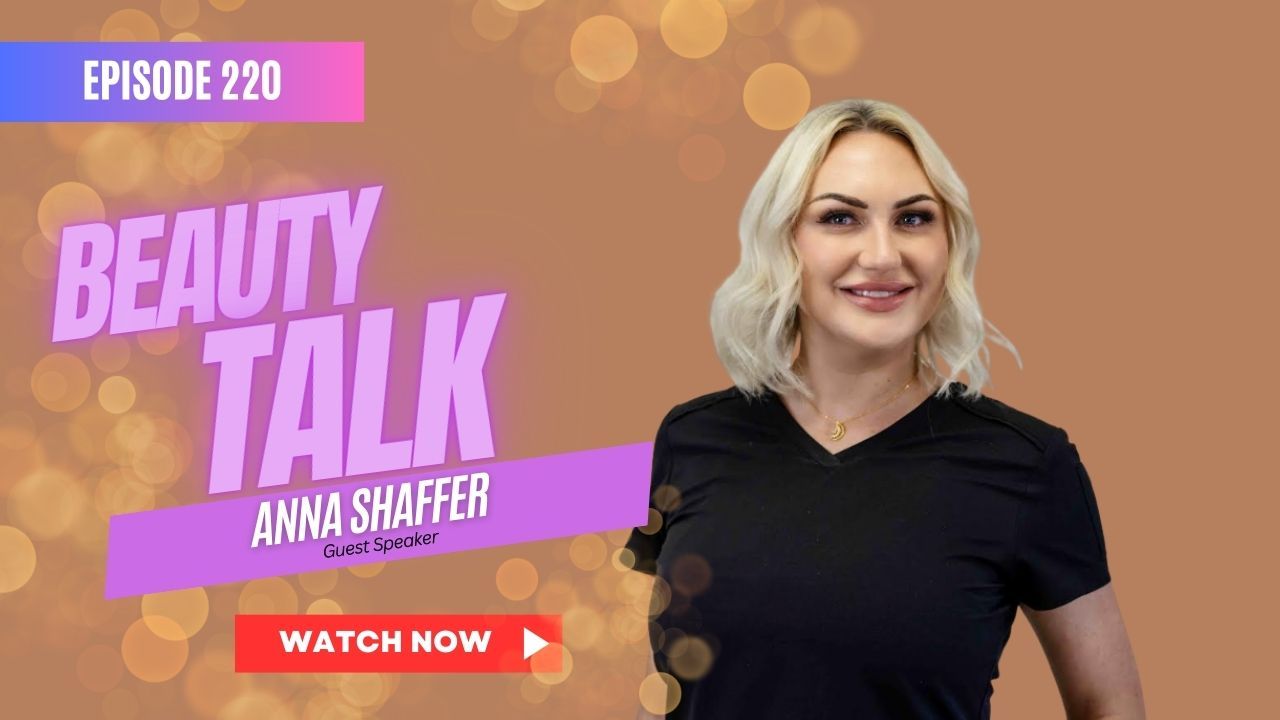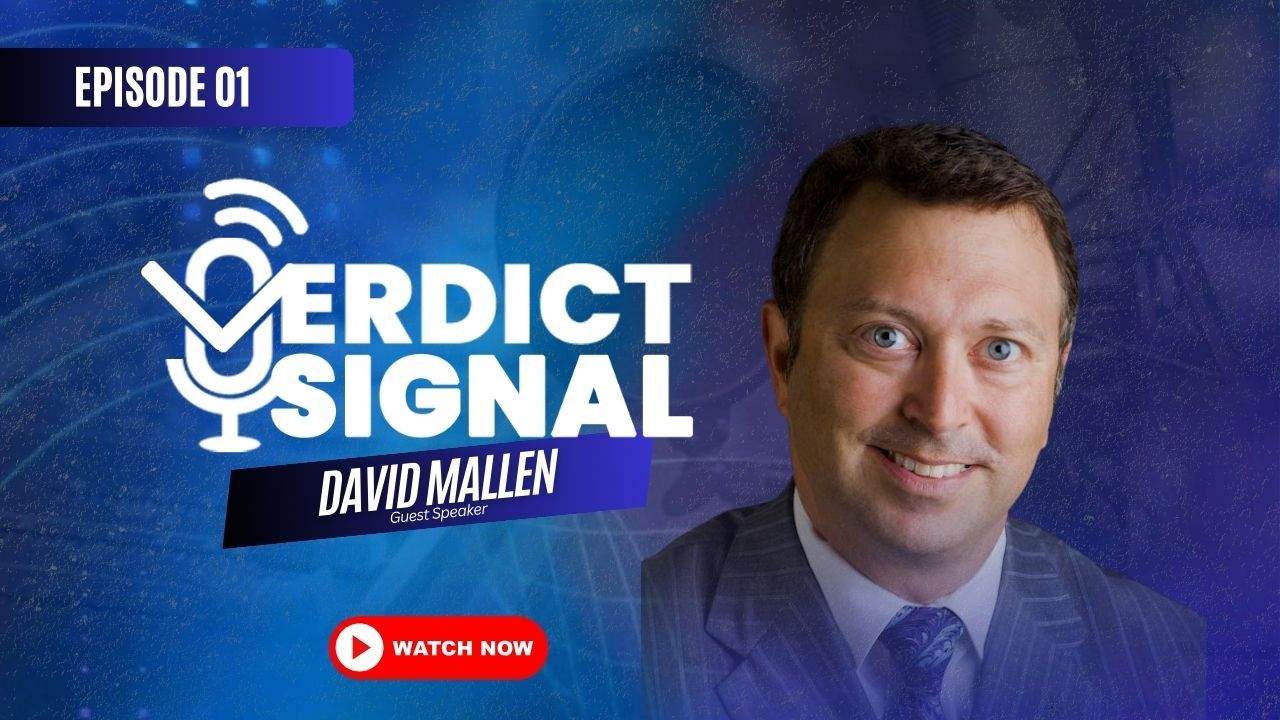How to Use Social Media Marketing to Build Credibility in the Medical Industry
As a medical professional, building credibility takes precedence over everything else in our field. With the proliferation of online marketing and content, patients and doctors alike turn to social media for advice and open communication. But let's face it: how do you secure your place online amongst a sea of daily tweeters and vibrant Instagrammers? This post will discuss how you can use social media marketing to build credibility in the medical field and transform yourself into an online thought leader, all while broadening your reach with patients. From optimizing your online profiles to creating content that resonates, we’ll share strategies that can help you demonstrate your expertise to your existing patients and reach an untapped audience. Let's dive into social media marketing to build credibility in the medical field!
Using Social Media to Build Credibility in Medical
Using social media to build credibility in the medical field is quickly becoming an important tool for healthcare professionals. Not only can it be used to reach a wider audience and build up a professional reputation, but it can also provide valuable connections and resources to hospitals and other organizations. There are many benefits that come with using social media as part of a medical career, but it's important to understand the potential risks associated with such a platform.
On the one hand, social media allows healthcare professionals to build credibility with their peers by sharing valuable information and resources. They can easily connect with one another and collaborate on projects or exchange ideas more effectively than ever before. Social media also offers a platform for healthcare professionals to quickly respond to questions or inquiries from patients or the public at large. By regularly sharing helpful content, they can build trust while simultaneously promoting their own personal brand.
On the other hand, there are definite risks involved in using social media for medical professionals. Since anyone can access patient data via their profile, it’s important that these individuals take steps towards protecting patient confidentiality and privacy. Misinformation or unverified sources can easily spread through social media networks without proper protocols put in place to ensure accuracy. Additionally, any publicly posted comments can have more serious consequences for healthcare professionals versus those who don’t work in the medical field due to licensing (if applicable) and/or ethical standards they must adhere to professionally.
Overall, the potential risks associated with using social media for medical professionals must be weighed against their potential benefits in order to determine whether such platforms should be incorporated or not into an individual’s practice. With careful thought and mindful use of this tool, healthcare providers could potentially benefit from the widespread reach of online networks while minimizing any potential security breaches or ethical dilemmas.
Finding and creating quality content
Finding and creating quality content is essential if you want to create a successful social media presence in the medical field. Quality content not only reflects positively on you but can also help attract potential customers as well. In order to find or create quality content, your first step should be to understand your audience—what type of information do your followers want to see? Is it educational resources, expert opinions, or engaging stories? Once you understand your target audience, you can start brainstorming ideas for content that will resonate with them.
When looking for content, remember to mix it up. Post different images, infographics, news articles, videos, case studies, and live streams to keep things interesting. You should also keep a close eye on breaking news in the industry that could provide you with timely and relevant content that can be shared quickly. Additionally, consider leveraging user-generated content from other healthcare practitioners or members of your engagement community, such as patients or advocates.
If you’re short on content ideas or need fresh material on a regular basis, you may want to consider creating original content. While this may require more effort on your part than curating existing materials, the rewards can be significant if done correctly. Content creation can range from writing blog posts or hosting webinars to creating infographics and videos, all of which you can leverage for use on social media platforms such as Facebook and Twitter. Just make sure the content adheres to regulations and ethics protocols before posting it publicly on social media channels.
Finding and creating quality content is one thing, but it’s important to remember that the entire package matters—how often are you engaging with your followers? How often are they engaged with what you post? Reaching out actively can help cement relationships over time and give followers more confidence in what you have to say.
Creating your posts
When it comes to creating posts for your social media accounts that will be effective in building credibility in the medical field, there is a wide range of topics you can choose from. You should always aim to create quality content, such as blog posts, videos, and podcasts, that directly supports and promotes the services provided through your practice. This may involve educational content like teaching viewers about certain topics related to medicine or catching up on industry news.
It's important to remember that the content you post must resonate with your target audience. This is why having an understanding of who your ideal patient is and what kind of content they would be interested in reading or watching are both necessary components of success in this area. Additionally, engagement should not be overlooked since interactions in the form of likes or comments allow people to build relationships with their followers, which can result in increased brand awareness.
Ultimately, when it comes to social media marketing and managing a credible medical practice, it’s essential to create thoughtful and engaging posts regularly. But it’s also important to stay within scope and ensure that the account focuses primarily on information related to the medical field rather than straying too far from the topic.
Strategies to Increase Visibility and Influence
It is clear that social media marketing can be a powerful tool to build credibility in the medical field. Increasing visibility and influence on social platforms is essential to driving awareness of products and services, building customer loyalty, and establishing trust among medical professionals. However, how does one go about increasing visibility and influence? Let’s explore some strategies for success.
- Engage with your audience: The most effective way to increase visibility and influence on social media is to engage with your audience. This could include replying to comments, showing appreciation by "liking" posts, and responding to direct messages. Creating interesting content, hosting polls, and promoting special discounts geared towards physicians or healthcare professionals are also great ways to foster relationships with potential customers. Paid advertising can also help reach new audiences and attract more followers.
- Post Consistently: One key factor in successful social media campaigns is consistency. If your accounts are regularly active and producing content that resonates with your audience, it will result in higher engagement rates, which translates into increased visibility and influence over time. Posting content at least twice a day—although three times per day or more on certain channels like Instagram is increasingly becoming standard—will ensure you are reaching the right audiences consistently.
- Optimize Profile Descriptions: Be sure to keep your profile descriptions as descriptive as possible without being too lengthy. Taking the time to fill out all fields (company name, website link, bio section, etc.) on each of your accounts will improve search engine optimization (SEO). Additionally, including relevant keywords in these descriptions will help visitors gain valuable insight into who you are and how you can help them, helping them understand why they may benefit from engaging with you online.
- Leveraging Influencers and Followers: The next step in achieving success with social media marketing is leveraging influencers and followers to create a community around your brand or product offerings. By working with influencers in the medical field, brands can tap into larger networks, getting seen by more people than an organic strategy would allow while providing opportunities for influencers to produce unique content that resonates with their fans. Additionally, loyal followers need to be appreciated as well, encouraging high engagement rates on their own feeds or through contests or giveaways to drive even further visibility around your product or brand message.
Correctly utilizing platforms
When launching a social media marketing campaign, it is essential to use platforms correctly to build credibility. Choosing the right platform is the first step to a successful campaign. It is recommended to pick one or two social media sites and spend time learning how they work before beginning any marketing activity. Popular choices such as Twitter, Facebook, Instagram, and LinkedIn are all ideal for medical professionals who need to build credibility with their target audience.
Once the optimal platform or platforms has been chosen, medical professionals need to create an effective profile with accurate and up-to-date information. Detailed profile information helps users find and engage with medical professionals more easily, trust them, and respect their expertise in the field. A professionally designed logo and cover photo add a touch of professionalism to the page as well. Displaying credentials held by practitioners will further enhance their credibility with potential patients or clients. The same goes for posting photographs of facilities where treatments are provided, so clients can become familiar with them in advance.
Content is key when it comes to building credibility through social media marketing. Posts should be relevant and feature helpful information about procedures, general health topics related to the specific specialty, or patient stories that reinforce the vast knowledge of the physician or practice. Moreover, engaging with followers establishes trust over time, encouraging discussion of sensitive matters that might otherwise not be easily addressed in person or via phone call.
Organizations can also purchase sponsored ads on social media sites like Facebook, which help boost visibility among potential clients who would otherwise never find physicians’ content organically online. However, as with any paid advertisement strategy, practitioners should always review results for effectiveness and adjust accordingly if needed.
By correctly utilizing platforms, medical professionals can establish trust and credibility among potential patients or clients through tailored content that helps reassure them of the expert services within the medical field.
Tracking Progress and Tracking Results
When it comes to tracking progress and results for social media marketing in the medical field, there are important metrics to measure. This helps healthcare organizations assess the success of their campaigns, understand their engagement levels, and modify their social media strategies where needed. Common metrics used to track progress and results include audience reach, likes or reactions on posts, comments, shares, and impressions.
In addition to these qualitative and quantitative metrics, there are several soft metrics worth considering when gauging the success of a campaign. These can include customer service inquiries made through social channels, online reputation sentiment scores through platforms like Trustpilot and Yelp reviews, lead conversions via Calls-To-Action (CTAs), website traffic from consumers clicking through posts or ads, and customer loyalty measured by improving Brand Advocacy Scores (BAS). Depending on the type of products or services offered by a healthcare organization or medical practice, they can also track business outcomes such as increased revenue generated by new patient appointments booked.
Thus, it is essential to carefully consider which specific KPIs will be tracked in order to more accurately measure the progress made by any social media marketing campaign. Doing so gives organizations a realistic perspective on their successes and opportunities for improvement, as well as a better understanding of how their target audience consumes their content. Furthermore, when analyzing where areas of growth can be seen, healthcare organizations need to prevent themselves from thinking "more is more" and instead think "better is more". Quality should always trump quantity if you are hoping to see tangible results within your audience base.
Tracking progress and results helps healthcare businesses make informed decisions about their social media strategies going forward, and not just in terms of financial investments made in boosting campaigns or performance ads. By having a clear insight into how the content produced is received by its target audience, a healthcare organization can tailor its activities accordingly. For instance, if followers have positive reactions toward short-form videos featuring clinic staff discussing health advice, then that strategy should be considered for further use moving forward; conversely, if one particular piece of content has only achieved mediocre traffic levels, then that type of content should likely no longer be supported.
Conclusion and Next Steps for Social Media Marketing in Medical
With the continued rapid growth of digital technology, social media has exposed medical professionals to new opportunities in patient care. The use of social media marketing in the medical field is an effective tool for building trust and credibility within the industry as well as providing confidence to patients. It allows healthcare providers to stay connected with clients, share information about services and events, and foster relationships between doctors and patients.
Though there are many advantages to using social media marketing in the medical field, there are also drawbacks that must be considered. Given the sensitive nature of healthcare information, health systems must ensure that there are dedicated personnel to review online content prior to posting, monitor comments and reviews from customers, and maintain a high level of security surrounding content shared online. Additionally, it’s important to recognize that not all patients will be comfortable sharing their information online or engaging in conversations publicly; steps should be taken to protect these individuals' privacy while still allowing them to benefit from the resources provided by the platform.
Overall, a carefully executed social media marketing strategy can be used as an effective tool for connecting with patients and improving the overall customer experience in the medical field. As more healthcare providers turn to social media platforms to reach out to potential patients and build purposeful relationships, research should continue to measure how these efforts affect patient outcomes, engagement levels, and the opinions of healthcare providers. The combination of these data points can provide meaningful insight into what works best when it comes to social media in medicine.
In order for medical practitioners across the country to maximize returns on their investment, they must take a few proactive steps:
- Establish distinct strategies for different platforms.
- Develop robust processes for monitoring comments and reviews.
- Dedicate resources to maintaining the accuracy and security of the content.
- Implement rigorous training programs for staff who work with social media.
- Ensure compliance with both state and federal regulations.
- Measure the ROI and make the necessary adjustments.
By taking these proactive steps, healthcare providers can ensure they’re getting the most out of the time and resources they invest in their social media marketing campaigns.
Contact EDNA Digital Marketing for social media marketing.
Transform your social media presence and increase your brand's success with EDNA Digital Marketing, the trusted provider of exceptional
social media marketing services
. With our expertise and strategic approach, we'll harness the power of social platforms to amplify your brand's reach, engage your target audience, and drive tangible results. From crafting captivating content to implementing targeted campaigns, we'll optimize your social media channels for maximum impact. Don't settle for mediocrity; partner with EDNA Digital Marketing and unlock the full potential of your brand on social media. Contact us today to take the leap towards social media dominance and witness the remarkable growth and success that await your business. Your brand's journey to social media excellence starts now with EDNA Digital Marketing, the ultimate choice for social media marketing services.








